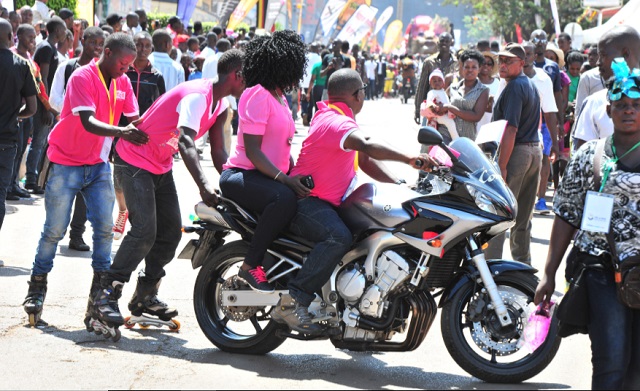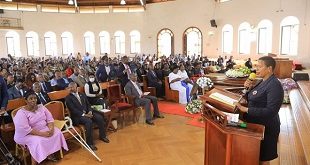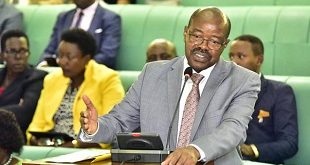
Smaller event success
The power of festivals is equally visible in cities such as Greater Manchester, UK. The “original modern city”, Manchester has a rich industrial and political history. It’s considered the birthplace of the modern computer and the centre of many movements for workers’ rights, from the Luddites to the Chartists. In recent years, the city-region has embraced new opportunities through initiatives such as Media City, a development that has transformed the docklands at Salford Quays into a creative industries hub.
Like in Cape Town, Greater Manchester’s “festivalscape” reflects different ambitions and issues. Manchester International Festival (MIF) attracts an international audience and highlights its growing environmental credentials. More recently, MIF has also forged stronger links with locals: for instance, in 2017 Turner prize-winning artist Jeremy Deller’s parade,` What is the people but the city?’, put residents in the spotlight, just a month after the fatal bombing of the Manchester Arena.
Overlooked, but no less significant, are smaller festivals such as the Ordsall Festival, nestled in the shadow of Media City. These festivals struggle for funding, but cater for residents who feel the promise of the creative industries, or glamour of the international festival scene, is not designed for them.
More recently, Manchester Histories has commemorated 200 years since the Peterloo massacre of 1819, with a festival focused on the themes of freedom, protest and democracy. The festival has been crowd-sourced from multiple groups around the city and is made up of debates, exhibitions, celebrations of heritage and engagement with topical issues of the day.
All these examples show how festivals can respond to community needs when they meaningfully involve residents and create a powerful sense of belonging for people who are historically overlooked. Beyond economic or environmental benefits, festivals make spaces in cities to trouble and challenge, to raise public debate, to bring communities together and to tackle major social, environmental and political issues.
****
Beth Perry is Professorial Fellow at the Urban Institute, University of Sheffield and Rike Sitas is Researcher, University of Cape Town
 The Independent Uganda: You get the Truth we Pay the Price
The Independent Uganda: You get the Truth we Pay the Price


